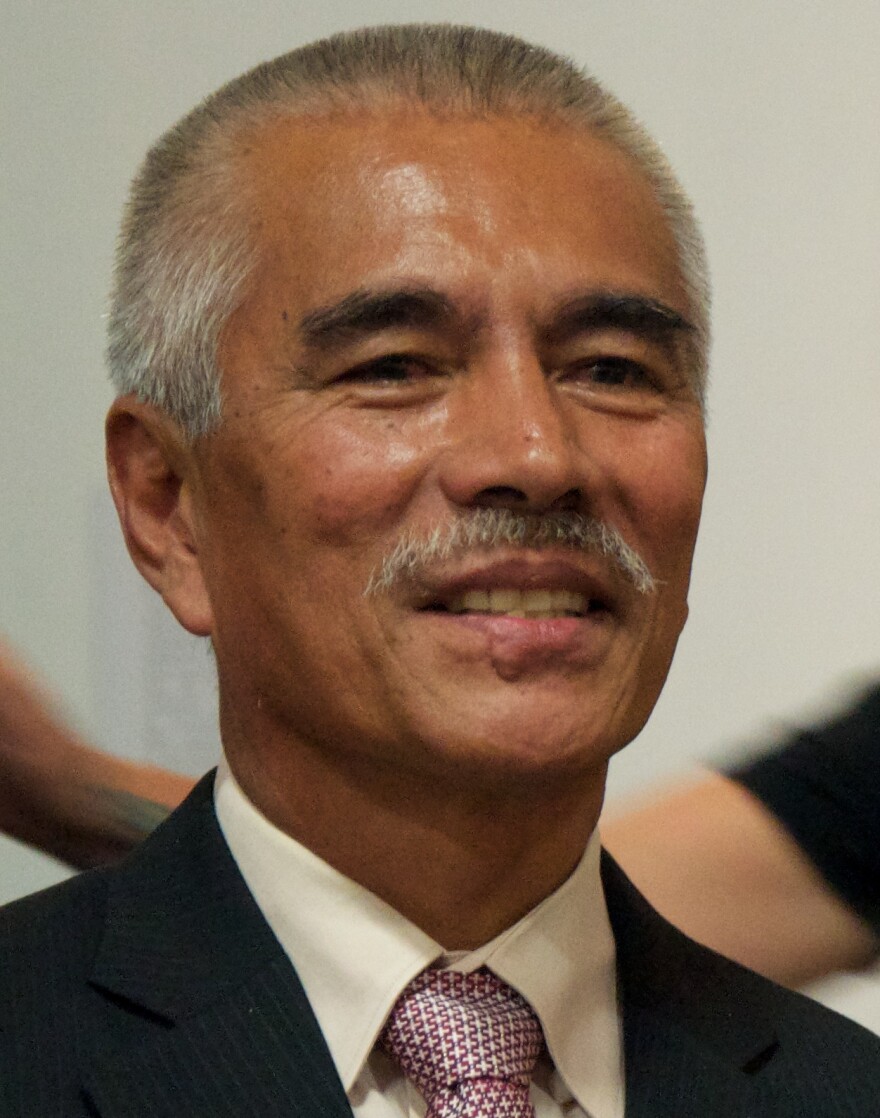Yesterday, Fiji became the first country in the world to ratify the United Nations Climate Agreement reached by 195 nations last December in Paris. In order to take effect, at least 55 countries, representing at least 55 percent of the world's annual carbon emissions must sign on – hopefully in time for a signing event in New York in April. But some more ominous news yesterday on climate change as we hear from Neal Conan in the Pacific News Minute.
Anote Tong, the outgoing President of Kiribati, told a climate change conference in New Zealand yesterday that rising seas are making life in his country unsustainable and that his people will have to start leaving within five years. President Tong long said that any agreement in Paris would come too late for Kiribati, but never put the deadline so close. "People are getting quite scared now,” he said.
Earlier at this same conference, President Tong proposed engineering solutions like floating islands and appealed to wealthy individuals like Bill Gates to pay for such projects. The UN's Green Climate Fund is tied up by bureaucracy, he said. "It's no use. We don't even have accreditation to access the funding. Those who need it most are not getting the funding."
Two years ago, Present Tong spent a little more than eight-million dollars to buy about eight and a half square miles of land in Fiji. Land he said offered food security as the low lying gardens of Kiribati began to fail. A North Carolina geography student named James Ellsmoor visited the plot last year and told Radio New Zealand it was ill-suited to agriculture, very remote, very swampy and already populated by about 500 ethnic Solomon Islanders, the descendants of colonial slaves who'd been kidnapped to work on sugar plantations. In New Zealand this week, President Tong admitted that the principal value of the land was international publicity and to provide his people with a sense of security.





